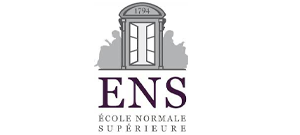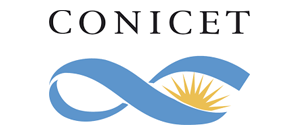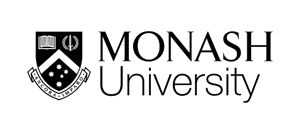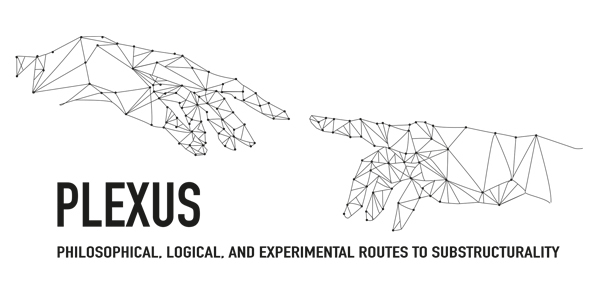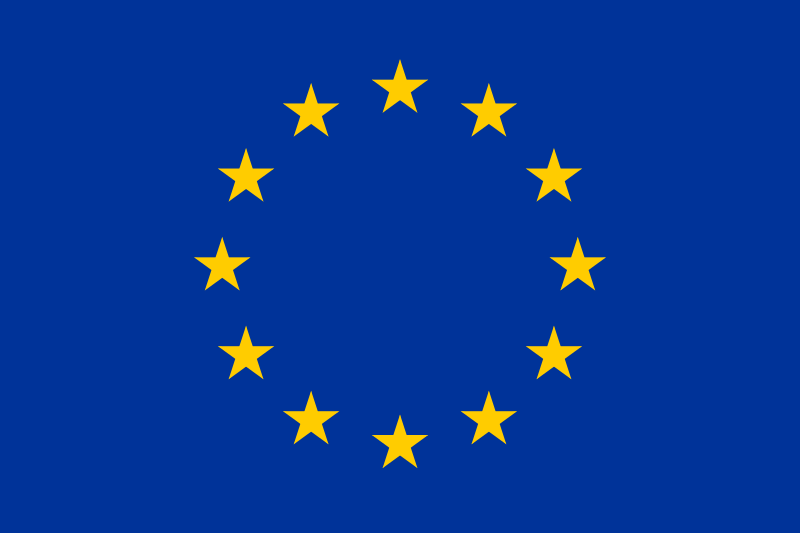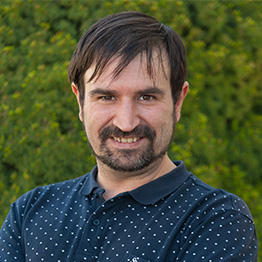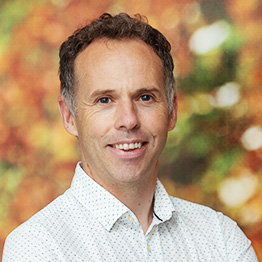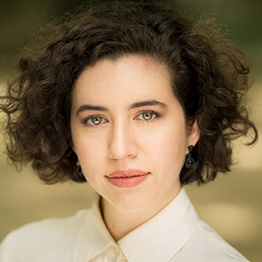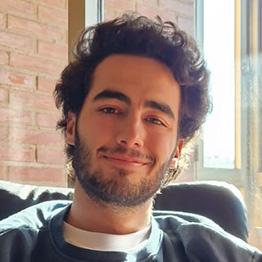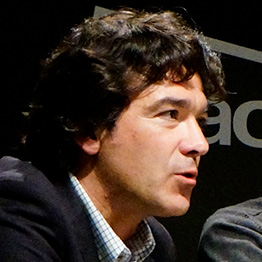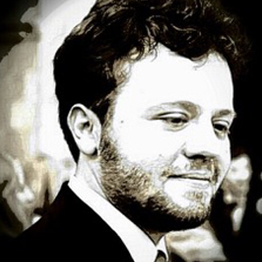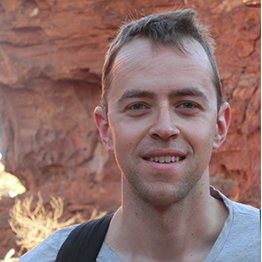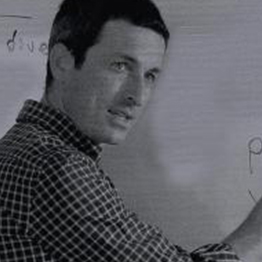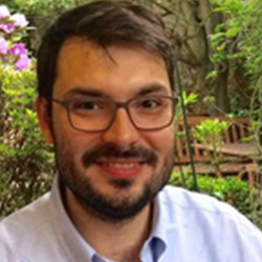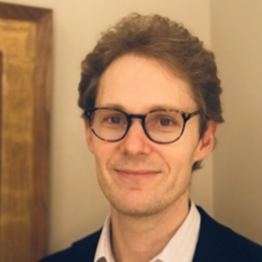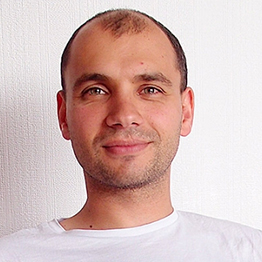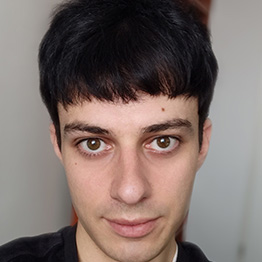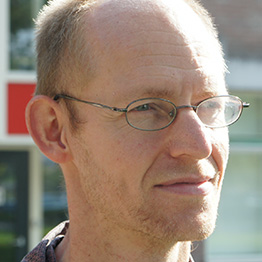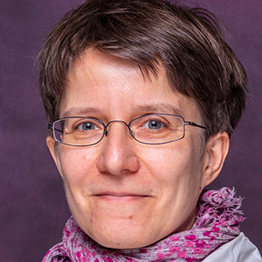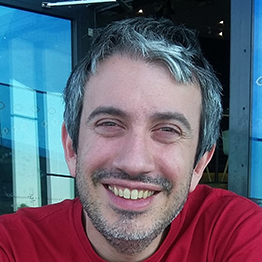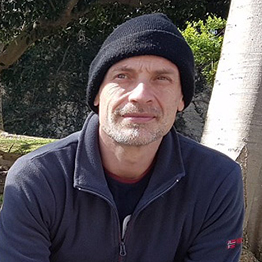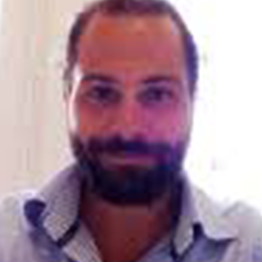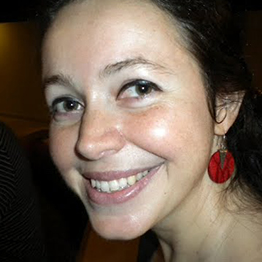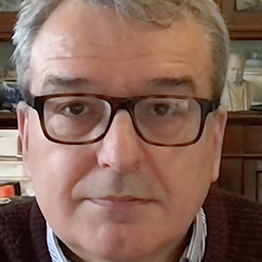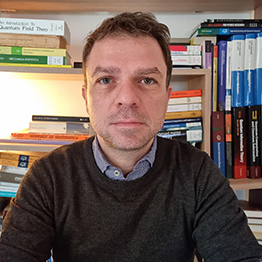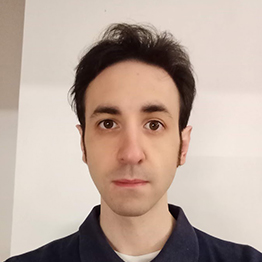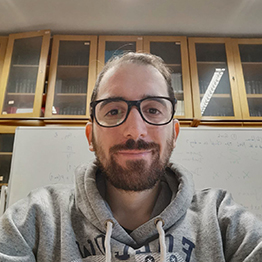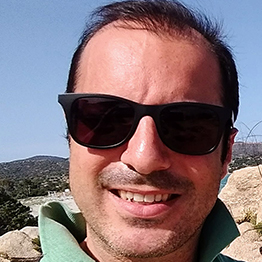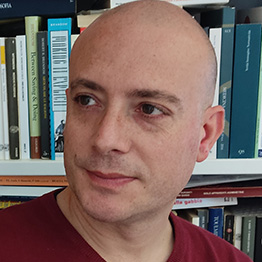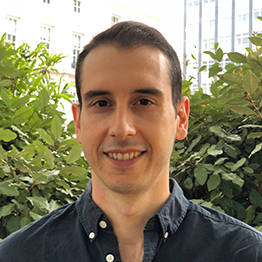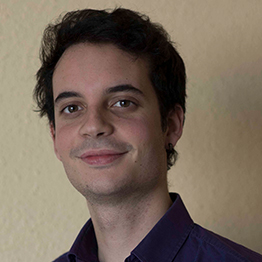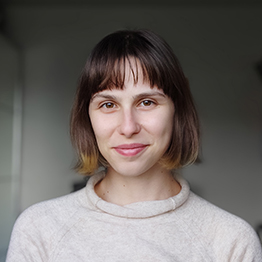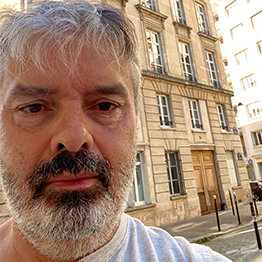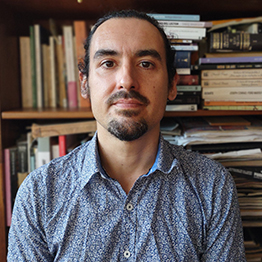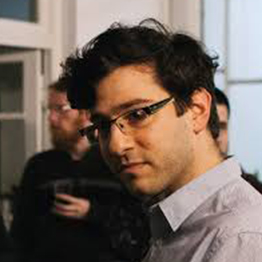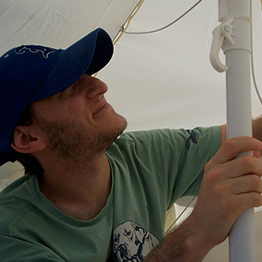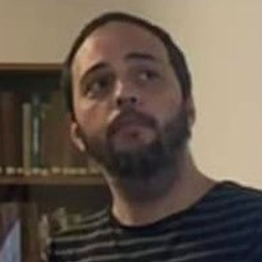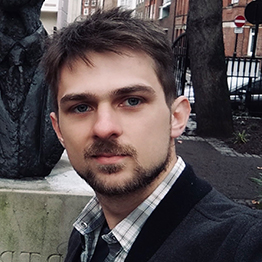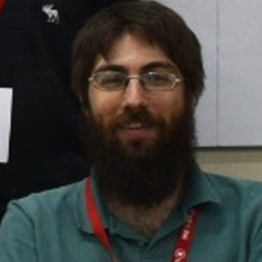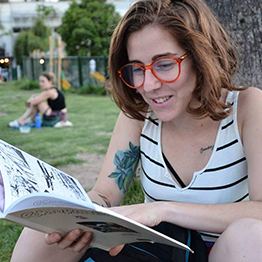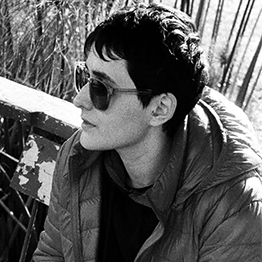DURATION OF THE PROJECT 2023-2026
![]()
It is agreed that Classical Logic (the logic devised by Frege at the birth of modern mathematical logic) provides a sharp characterization of our reasoning in abstract fields like mathematics. However, Classical Logic seems to be inadequate in relation to several phenomena like vagueness, conditionals or paradoxes. Substructural logics – logics where some structural rule, like weakening, contraction or exchange can fail – are alternatives to Classical Logic that have attracted a lot of attention by logicians in the last decade.
The EU-funded PLEXUS project will study these logics with particular emphasis on ‘radically substructural logics’ – non-transitive and non-reflexive logics. Specifically, PLEXUS will investigate the main philosophical challenges raised by radically substructural logics, their proof-theoretic and model theoretic characterizations and their logico-linguistic applications.
PLEXUS is a Marie Skłodowska-Curie Action (MSCA) of the subject Staff Exchanges. As such, the core activity of this project is the exchange of researchers between participating institutions. In addition to the advancement of knowledge, these exchanges are designed for the development and consolidation of research collaborations and to contribute to the development of the academic and research degree program of the staff involved in PLEXUS, most particularly those at the beginning of their degree program, thus enhancing the research and innovation fabric within Europe.
In addition to the Staff Exchanges proper, PLEXUS will organize a series of networking events – two workshops, two conferences and one summer schooll – in order to share knowledge, make results and new ideas public and training a new generation of researchers. PLEXUS includes a number of outreach activities in order to contribute to a culture of scientific information and education in Europe.
PRINCIPAL INVESTIGATOR
![]()
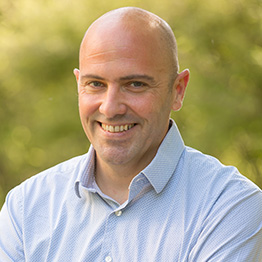
Pablo Cobreros
Full Professor of Logic and Philosophy of Science
University of Navarra
NEWS FROM PROJECT
22 | 09 | 2025
The MOSAIC-PLEXUS Workshop was held in Buenos Aires (Argentina).
11 | 12 | 2024
project PLEXUS organizes in Italy the Women in PLEXUS Workshop on Substructural Logics
08 | 11 | 2024
PLEXUS organizes the fourth course in Argentina within the framework of the project
03 | 07 | 2024
The Italian city of Turin hosts the 1st PLEXUS Workshop on Substructural and Non-Classical Logics
18 | 06 | 2024
The project PLEXUS celebrates its first Summer School
10 | 01 | 2023
The European Union awards 20 new research projects worth 6 million euros to the University.
ImagenManuel Castells
EVENTS OF PROJECT
|
Kick off meeting |
January 20, 2023 |
|
5 Intensive courses |
March'23 |
|
2 Conferences |
May'23 |
|
2 Workshops |
May'24 |
|
1 Summer school |
June 10-14, '24 |
Among the logics in the substructural family, the recent philosophical literature pays particular attention to what can be termed radically substructural logics: non-transitive and non-reflexive reflexive logics as well as variants and hybrids of these obtained by metainferential ascent. The overall goal of PLEXUS is to advance the knowledge of radical substructural logics and deepen our understanding of the broader phenomenon of substructurality, by coordinating the efforts of researchers across the globe, across generations, and across traditions. We see our project characterised by the following concepts: integration, cross-fertilization and knowledge sharing.
This general objective is articulated in three objectives:
![]()

Philosophical Foundations: investigate the main philosophical challenges raised by radically substructural logics.

Logic and applications: investigate proof-theoretic proof theoreticand model theoretic model theoreticcharacterizations of radically substructural logics and their logico-linguistic applications.

The Metainferences Inventory and Metainferences Prover: develop a tool to measure naïve reasoners' preferences on metainferences and implement an automatic metainferences prover.
Following Gentzen's seminal paper in 1935, a logic can be characterized as a sequent calculus, that is, as a set of rules linking consequence statements (known as sequents). Thus, for example, from the statement that 'A implies B' we can infer that 'A and C implies B', expressed in sequent form:
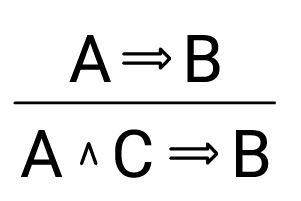
The rule allows to move from a sequent statement to a sequent involving a new piece of vocabulary (in this case, a conjunction). Other rules allow us to introduce other pieces of logical vocabulary – like disjunctions, negations and conditionals. Now, in addition to operational rules, i. e., rules introducing logical vocabulary, a sequent calculus includes structural rules, i. e., rules that don't mention any logical vocabulary. Examples of such rules are weakening and contraction,

The EU-funded project PLEXUS seeks to deepen our understanding of the phenomenon of substructurality with particular emphasis on radically substructural logics: logics that can fail to be reflexive or transitive.
The first tells you that the number of occurrences of a premise is irrelevant for logical consequence, the second that adding premises to a valid argument, renders a valid argument. Operational rules can be viewed as giving the specific meaning of logical constants, while Structural rules can be viewed as encoding a structural property of the consequence relation itself.
In Gentzen's paper, Classical Logic is characterized by the sequent calculus known as LK that includes a number of structural and operational rules. LK is the paradigm of a structural logic: a logic is substructural when some structural rule of LK fails for it (or doesn't hold in full generality).
Now it is well known that Classical Logic seems inadequate to handle several phenomena – like the vagueness of natural language or semantic paradoxes. Substructural logics provide a fruitful environment for the study of alternatives to classical logic where phenomena such as vagueness or semantic paradoxes can be accommodated. Besides, the existence of substructural logics raise several philosophical questions like to what extent the absence of a structural rule affects the meaning of a logical constant.
Overall Methodology
The overall scientific methodology of the project is pluralist, as mandated by the inherently interdisciplinary character of the study of logic, which requires deploying resources from philosophy (conceptual analysis and engineering, constructive explanation, etc.), logic proper (devising and applying different proof systems, model-theoretic techniques for building counterexamples, etc.) and various branches of mathematics (e.g., algebra and set theory). Additionally, via Objective 3, the project has a significant experimental and thus empirical component, requiring specific methods and techniques of data gathering, quantitative and qualitative analysis, modelling, etc. These different methodological approaches are balanced and integrated through the construction of the WPs and the distribution of the afferent secondments (28,6% in WP1, 47,7% in WP2 and 23,5% in WP3).
knowledge As mentioned above, the guiding concepts of network PLEXUS areintegration,cross-fertilization andknowledge-sharing. As mentioned above, the driving concepts of the PLEXUS network are integration, cross-fertilisation and knowledge-sharing. We seek specifically to achieve a system of epistemic checks and balances, apt to mitigate the risk of fragmentation of the project due to bias and partisanship. For this reason, while each WP has a certain methodologically dominant characteristic, this is counterbalanced by approaches and techniques specific to subsidiary and overlapping methodological families:
W1, corresponding to Objective 1, aims to lay the groundwork for an updated philosophical analysis of substructurality, consonant with the recent formal developments. Its dominant methodology will thus be philosophical in nature and it will draw on resources from philosophical disciplines like metaphysics (conceptual analysis), philosophy of language (formalisation), philosophy of mathematics (modelling). Logico-mathematical methods (largo sensu, i.e., proof systems, theories of equivalence of logical theories, semantic frameworks) will be deployed in order to (i) inform and direct the philosophical analysis; (ii) explicitate, enrich, and ultimately verify its assumptions and results.
WP2, corresponding to Objective 2, has a predominantly formal component, being geared towards the production of logico-mathematical results such as a generalisation of model-theoretic semantics and proof-systems (natural deduction, sequent calculi, and more) for radically substructural logics, as well as the development and study of substructural theories of truth, validity, grounding, conditionals, and more related notions. Methodologically, these tasks are tantamount to developing logical tools for extending the analysis of substructurality. Subsidiarily, the development of these tools will require philosophical methods (explanation, analysis, etc.) in order to (i) guide the production of these tools; (ii) ensure that they possess desirable philosophical traits (and expose deficiencies in this regard)
The methodology of WP3 involves particular difficulties. This objective requires adapting existing methodologies in Quantitative Psychology and Computer Science to substructural logics. Quantitative Psychology will be necessary for constructing and validating the metainferences inventory. The goal of this psychometric tool will be to assess preferences on substructural logics in the general population. Our departing model is the Free Will Inventory 29-item psychometric tool designed for measuring beliefs about free will (determinism, dualism, and related constructs) with good internal consistency and construct validity evidence. In order to find an appropriate formulation of the inventory that provides sensible information about naïve speakers' inferences we will develop an iterative process of conceptualization, design, pretesting and debriefing. This process involves essential use of citizens in the final design of the tool. WP3 requires, in addition, expertise from Computer Science in order to develop an automatic theorem prover capable of handle the logics that are the main focus of this project.
INTERACTIVE MAP LOCATION OF THE INSTITUTIONS
Hover over the location icons to see the researchers belonging to that institution.
UNIVERSITY OF NAVARRA
UNIVERSIDADE DE LISBOA, FACULDADE DE LETRAS
UNIVERSITA DEGLI STUDI DI TORINO
Ecole Normale Superieure de paris
UNIVERSITEIT VAN AMSTERDAM
THE CITY UNIVERSITY OF NEW YORK GRADUATE CENTER CUNY
UNIVERSITA DEGLI STUDI DI CAGLIARI
KING'S COLLEGE LONDON
MONASH UNIVERSITY
COMMITTEE NATIONAL CENTER FOR SCIENTIFIC AND TECHNICAL RESEARCH (CONICET)


